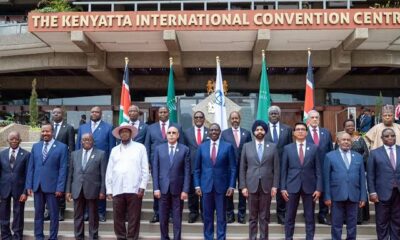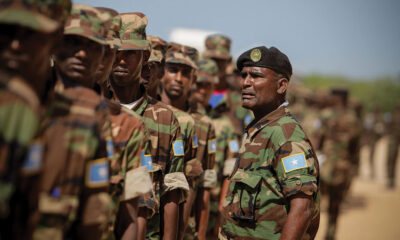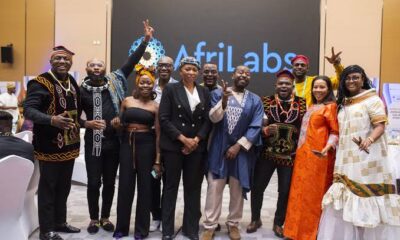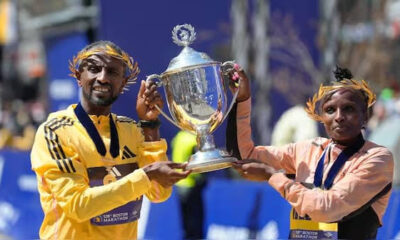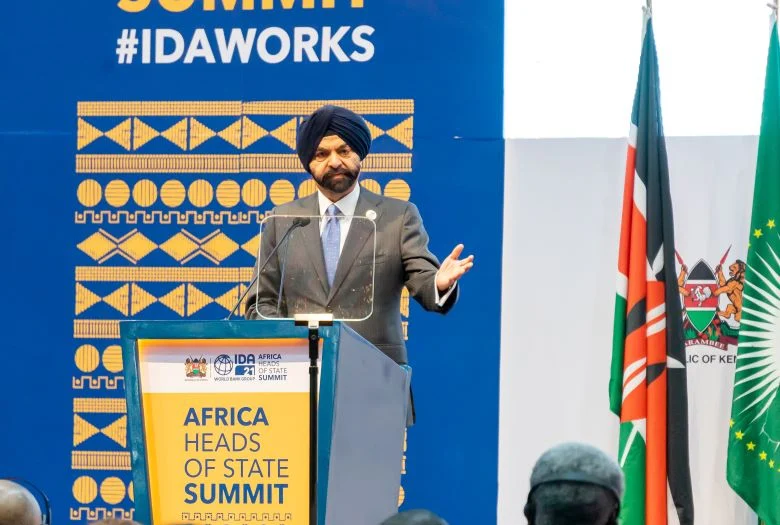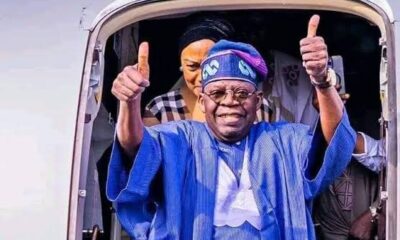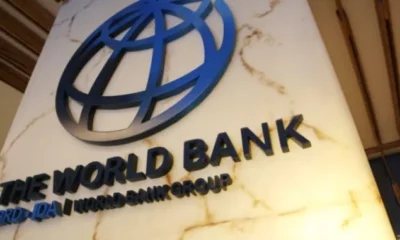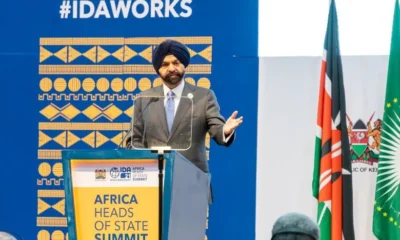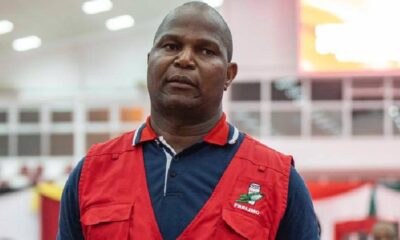In the age of hypersensitive social media wokeness, we are quick to shout “cultural appropriation” every time an international fashion house reimagines African aesthetics and bill it as “a modern high-fashion interpretation of ABC”.
Artists from various fields have since the beginning of time been inspired by someone else’s work. “Good artists copy, great artists steal,” renowned painter Pablo Picasso once said.
At the other end of the table, someone is screaming stop making narrow-minded views about Africa and trivialising sacred parts of our culture.
This is a multiplex debate that needs a roundtable discussion with industry pundits and perhaps moderated by social activist Lebo Mashile.
Landing me to my next pit stop. In rocking African traditional clothing there is a blurry line between fashion and costume.
Fashion is about freedom of self expression, thought-provoking drama and nodding your uniqueness. Society doesn’t always have to agree with it, because sometimes bold fashion statements can shock the eye.
Costume, on the other hand is monotonous, lacks imagination and is boring.
Two South African rappers proudly showed off their South African stripes last weekend at the BET Awards in Hollywood and created polarising views on fashion.
One kept it all the way African (Sjava), while the other tried a more modern approach (Cassper Nyovest).
Whether you cringed or ululated with joy as a barefooted Sjava accepted his gong in his Zulu regalia, we can all agree the moment was an unapologetic blast of African pride. Without opening his mouth, he had told a story with his look.
You cannot accuse Sjava of being gimmicky in order to hog headlines. He simply kept it real, the world just happened to have its eyes on him.
Fashion commentator Felipe Mazibuko reiterates why this was a historic fashion moment. “We get different inspirations from different places depending on where our mind is.
“If you feel like tapping into your own culture and making that your career path, there is absolutely nothing wrong with it. As long as it’s done in a proper way,” he adds.
“[Sjava] has always dressed in that kind of regalia and we are used to him representing his aesthetic that way. When I saw him he looked like himself and didn’t get lost in regalia. Kudos to him.”
But if there is anyone who had us lost in translation, it was Nyovest in his monochrome leopard print layers. If fashion is about making a bold statement, then what statement was he uttering? I’m a cartoonish version of Eddie Murphy’s character in 1988 urban cult film Coming to America.
He completely lost many and fashion designer Paledi Segapo paints a picture of why it’s so. “With Cassper I feel like it’s an attempt that almost worked, but it was kind of missing an element that made it outstanding.
“As a creative I looked at it and I saw where the concept was going, but I think it failed to reach there,” he said.
“It kind of translated into a hurried costume made at the eleventh hour. I suppose they were trying to reference Africa.”
TV personality Nandi Madida is a perfect example of how when given a fashion theme such as Wakanda Forever, you can interpret it without looking like you just stepped off the set of Black Panther.
At the awards, Madida donned a midriff-baring ensemble from her label Colour inspired by African beadwork. Ahead of her appearance, we had an insightful chat on keeping it simple.
“It’s always great to see people’s take on a theme like Wakanda, but hopefully they don’t take it literal. So I’m hoping to see more than tribal prints,” Madida said.
Commentator….Emmanuel Tjiya

 Sports2 days ago
Sports2 days ago
 Sports18 hours ago
Sports18 hours ago
 Metro1 day ago
Metro1 day ago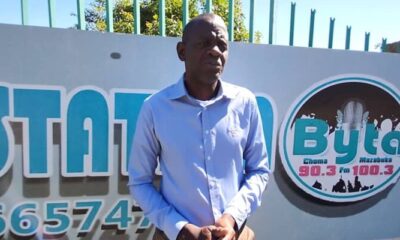
 Metro2 days ago
Metro2 days ago

